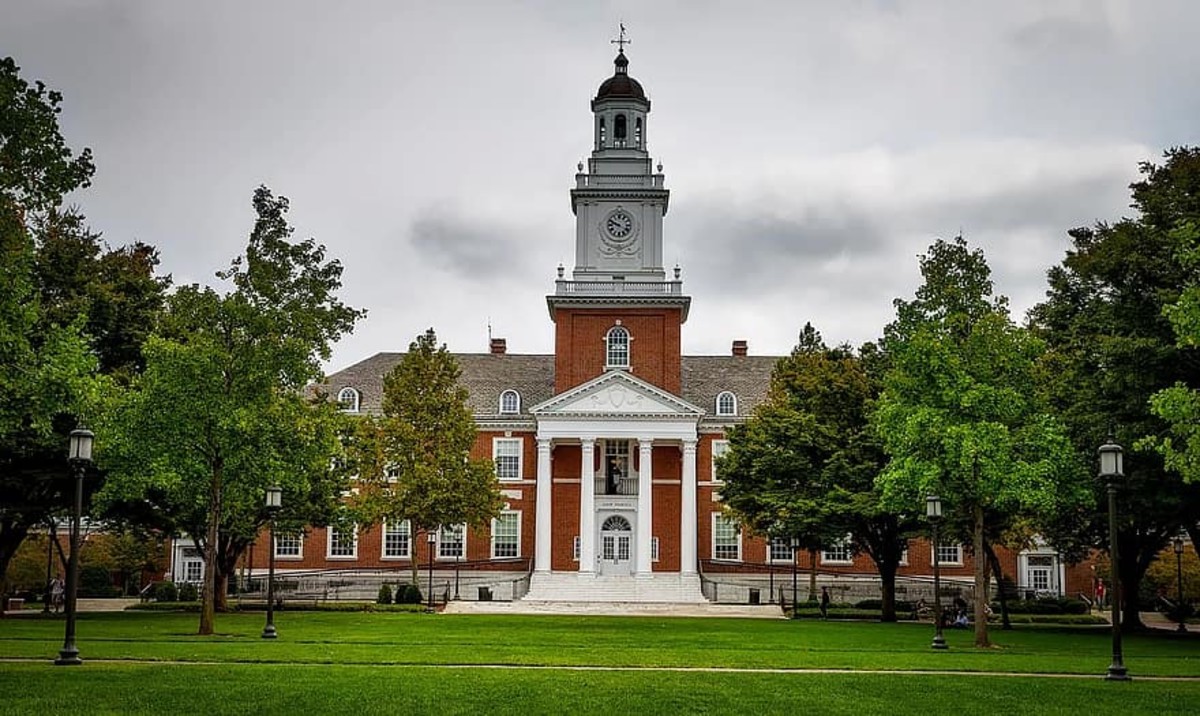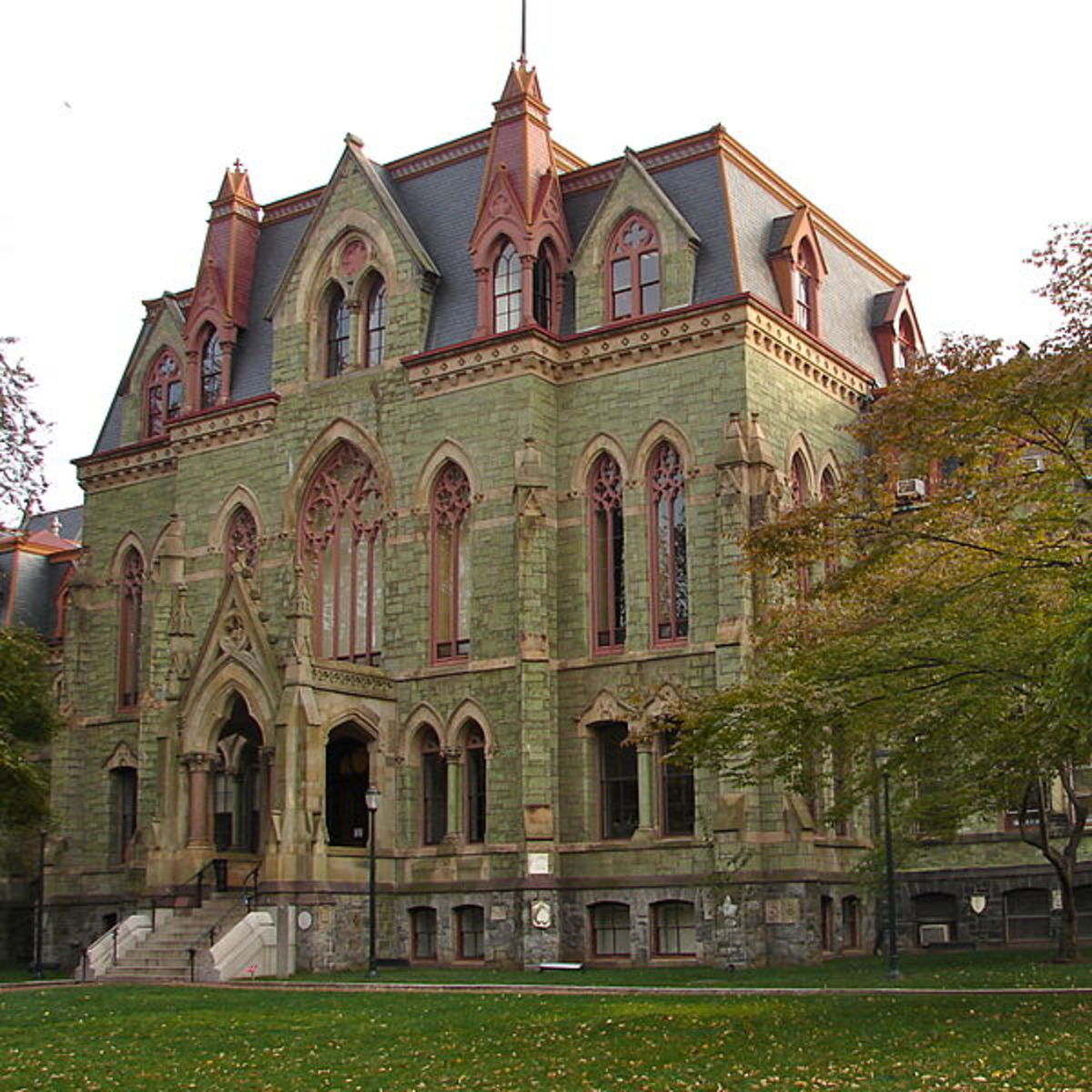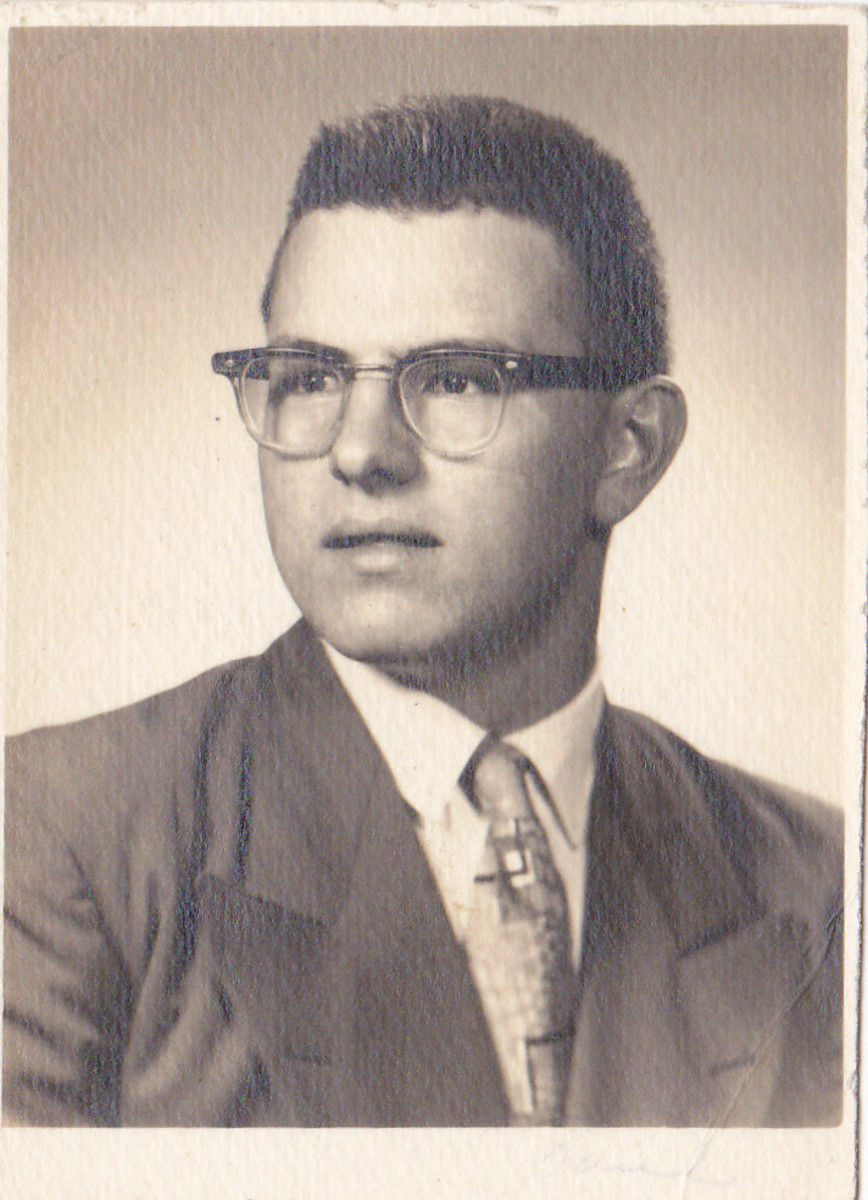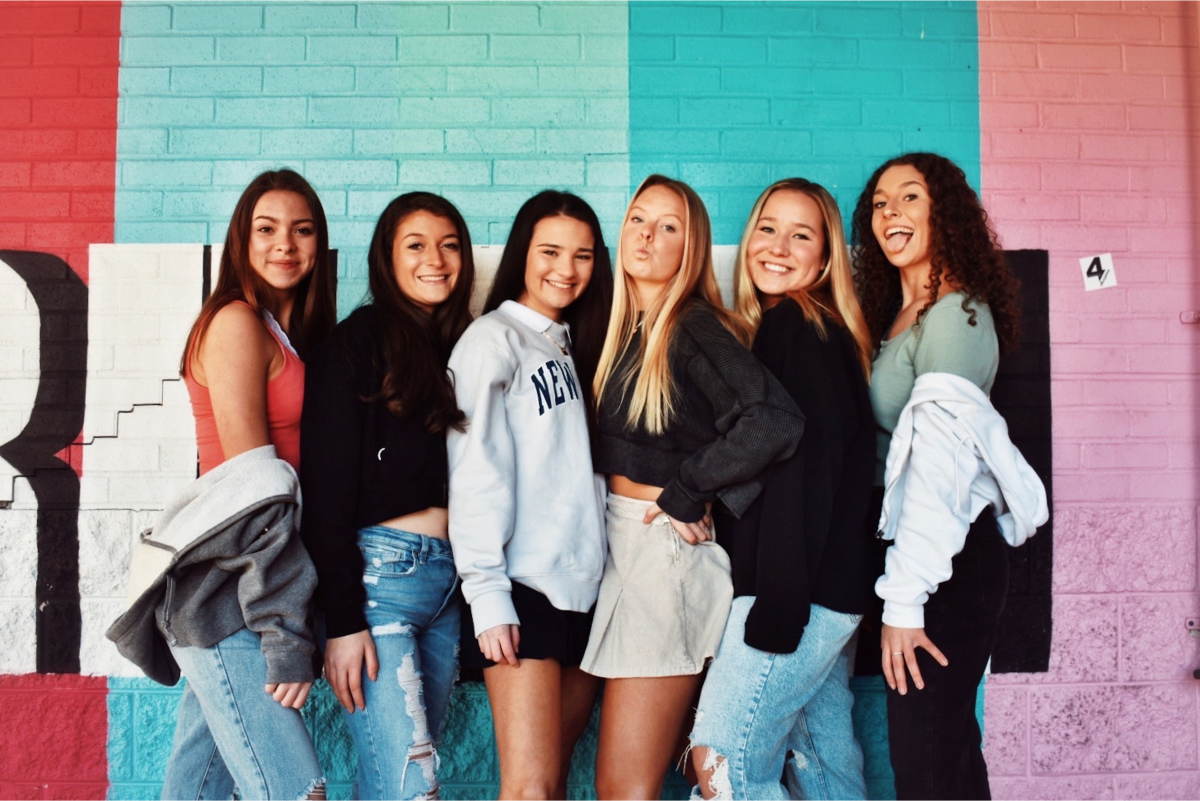Electronic Textbooks - Better For Students, Better For The Environment
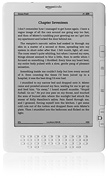
Amazon announced the Kindle DX (DX for deluxe) in May of 2009 and it was released in early June – just a few months after the launch of the updated Kindle 2 in February 2009. The DX, with its large 9.7” screen, was heavily promoted as being the perfect solution for reading newspapers, magazines and academic textbooks and, notwithstanding the fact that there have been partnerships put in place with a good number of newspapers and magazines, it’s probably fair to say that the academic textbook market potential has caused the greatest excitement over the last few weeks.
Six colleges and universities have already entered into partnership with Amazon. These include Princeton, Case Western, the Darden School of Business, Pace, Reed College and Arizona State University.
It may be a little surprising, given the potential benefits - which include interactive learning, easier and faster updating of textbooks and possible significant financial savings - that more than one of these universities have stated that cutting paper usage and being more environmentally friendly is a key consideration in the introduction of the Kindle on campus. According to Lauren Robinson-Brown, the assistant vice president for communications at Princeton, “... sustainability is the driving force behind Princeton using the Kindle”. For Princeton the Kindle program will play a key part in a drive to reduce the use of printed paper.
In a similar vein, Robert Carraway, an associate dean of Darden School of Business said that his school was aiming to be “carbon neutral” by 2020 and that the Kindle reader was one viable method which would help to achieve this. Lev Govnick, Case Western Reserve’s chief information officer, said that, whilst reducing paper usage was certainly one benefit of the Kindle program “...freshman student success is really our interest in Kindle”.
Apart from the pilot schemes in partnership with these six universities, Amazon must have been pleased to hear that the state of California will also start providing free electronic textbooks for students in certain subject areas. This program will also start in fall of 2009 and, whilst Governor Schwarzenegger’s announcement did not specifically mention the Kindle it does seem likely to be the most likely to benefit at this time, given its position as the current industry leader.
Also pleasing for the Amazon marketing team would have been the recent report issued by the New Democratic Leadership Council, entitled “A Kindle In Every Backpack”. The report suggests that America’s K-12 schoolchildren should be issued with a free electronic book reader. The document suggests that this would cut costs and permit constant updating of academic textbooks.
It’s hard to imagine, given the current support that electronic readers for educational purposes are enjoying, that the academic textbook market isn’t about to see some major changes which, based upon the fact that there are several projects about to start in this fall, will be in the near future. At the moment Amazon is the leader of the pack with the Kindle reader, but competition already exists and further readers are scheduled for release in 2010 from competitors such as Plastic Logic and Apple.


